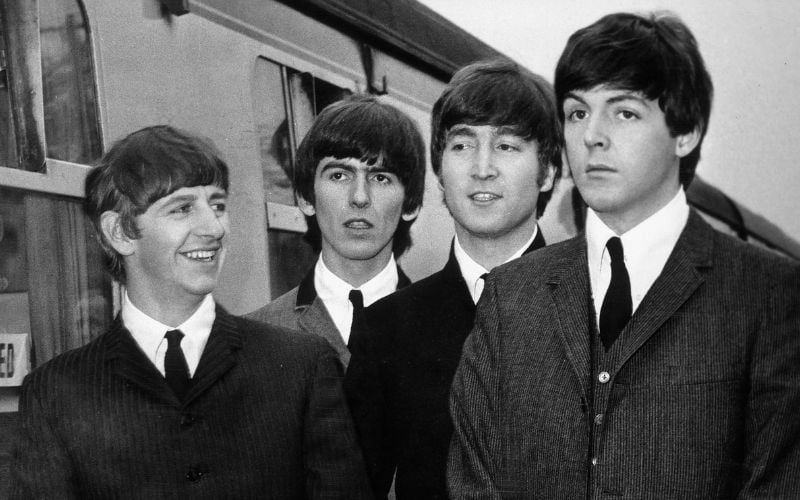Posted by MeganFinnegan at 8/9/2009 1:53 PM EDT
MY fellow blogger Father Tim receently posted a piece on whether we should consider Facebook the Satan of the Internet. The good Father's conclusion is a thoughtful "no" - in other words, don't blame the medium.
The Modern Love column in this Sunday's New York Times is about a woman tempted to invade her birthmother's world via Facebook when the face-to-face doors have shut. She ultimately decides that she can't be a part of her mother's cyberlife unless she is invited into her actual life.
I checked my email account on my iPhone this weekend and read from Facebook that a boy I knew in middle school requested to be my friend. This boy had been the source of so much adolescent angst that I physically recoiled from such a casual connection. Still, it was a long time ago, and we can't hold people accountable for their 13-year-old selves forever, right? I clicked "Accept" and wondered if I should change my profile picture.
In journalism and advertising and art, many subscribe to that familar mantra, "The medium is the message." Do we use Facebook - to connect, share, brag, stalk, waste time, commiserate - or does Facebook use us? No one would argue that writing on someone's wall is different than composing and mailing a physical letter, and the same words typed in an onscreen bubble would take on different meaning scrawled with ballpoint pen and dropped in a mailbox. For one thing, we rarely do the latter - it has become formal, quaint, novelty to use the mail. Facebook has taken all the ways we maintain relationships and mushed them together to give us one universal system. If you're not in it, you're not in.
Google has done the same thing in our quest for knowledge. It has become a verb - to Google. We can find anything instantly, and so soul searching, actual inner discovery and outward searching for meaning, seems also quaint and archaic in comparison. A trip the library takes more time, effort and legwork than a search engine, but it also allows for time to think.
So many things can be done virtually that even the Church is on board. If Catholics around the world can connect with one another and strengthen their faith by forming far flung communities, all the better. But we still can't simulate a Mass, if only because we can't receive virtual Communion. You can pray and study and contemplate online, but you have to haul your physical self to church to take part in what makes one fullly Catholic. Maybe that was one of God's intentions. He knew of a world in which artificial knowledge and communication would become commonplace commodities, and wanted us to make no mistake that there is no subsitute for human (and divine) interaction.
Google isn't God, and it isn't all that's wrong with the world. Facebook can faciiliate relationships as much as a chat in a coffee shop can. The real questions we need to ask ourselves actually have little to with the importance of these services and sites. They are masks for who we are and tools for how we operate. Father Tim is mostly right - the people behind the keyboards are the ones to celebrate or blame, but I would take it one step further and say that our online existences necessitate even stronger actual lives. If you don't know who you are without listing your favorite movies and quotations, that's the real issue.
It's possible that the pauses, the blank spaces, are the most important parts of a Catholic Mass. The silence of the Consecration, the moments right before the final blessing, the organ playing the offeratory hymn. These are areas that we don't need to fill in, and that's a gift in itself in this age.




Comments